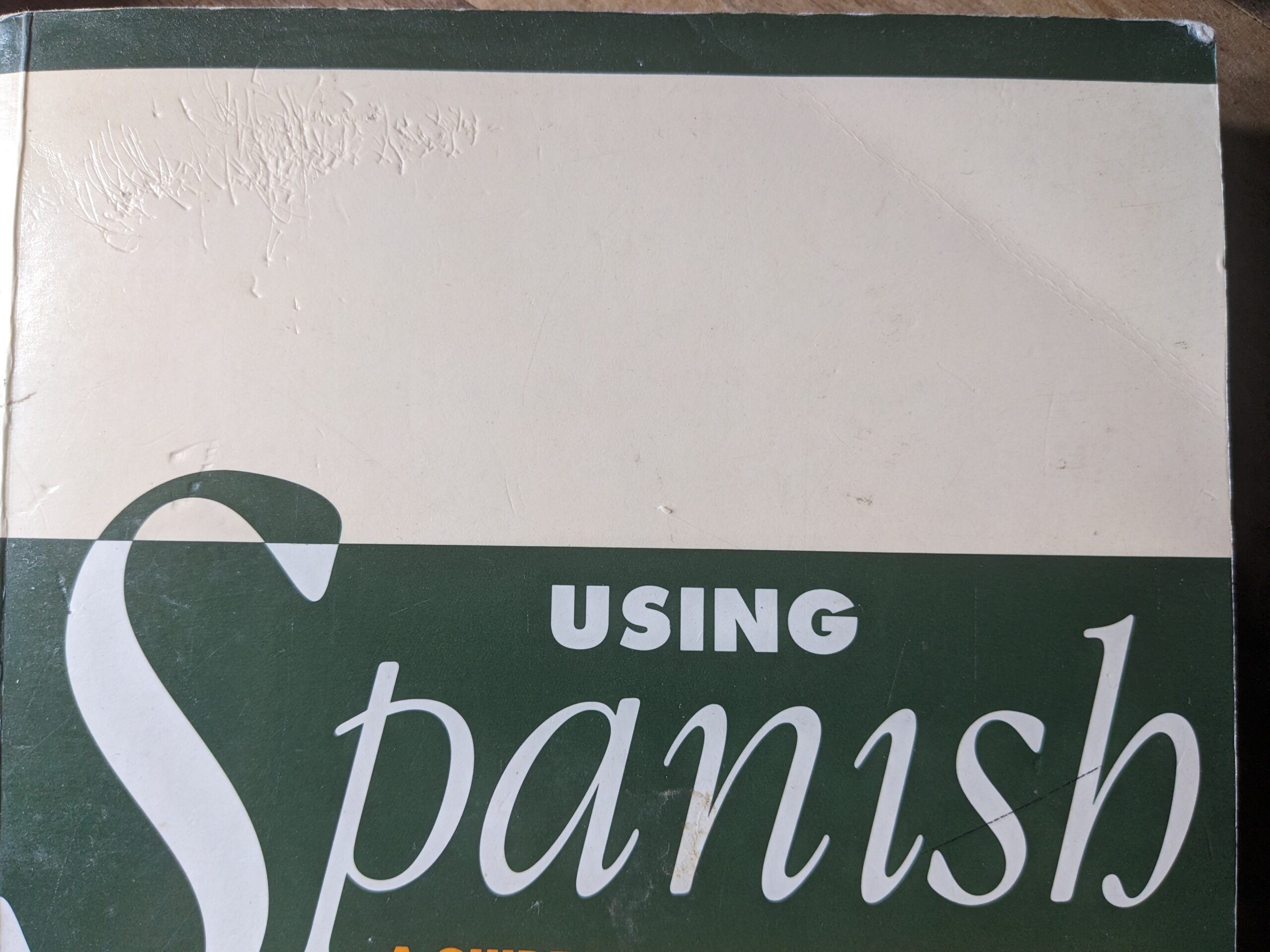Tag: advanced vocabulary
Writing good AI prompts for developing vocabulary materials was the focus of Elif Atali’s presentation at IATEFL this year. Elif is a teacher at Bursa Technical University in Turkey and was the winner of our Lexical Lab scholarship. Here she outlines her presentation and relates her wider experiences. Over to ElifWriting vocabulary materials with AIMy presentation explored innovative ways to enhance writing instruction through AI-driven task design, with a particular emphasis on lexical development. The session focused on how teachers can benefit from the potential of AI given the right...
More sailing idioms
This is the second in a short series of posts looking at sailing idioms and idioms connected to the UK’s long history as a maritime nation. It’s a reflection of the way in which our 8000-mile coastline has shaped the language and the way we process the world – and by the way, you can read the first post here, if you missed it.Today, I’ll explain the literal meanings of some boat-related words and then look at these link to our sailing idioms and phrases. All aboard!Sailing Idioms on deck The deck of a boat is the flat area you can walk on that’s built across the...
Word-for-word translation: an activity with possibilities
Generally speaking, teachers discourage word-for-word translation from a students own language into the language they are learning. Sometimes they discourage it for the wrong reason – that translation or the use of L1 is just wrong. Sometimes teachers discourage it because they know it’ll end up in gobbledygook and they teach students that the correct approach is to translate whole phrases or collocations. On the whole, I agree with this second view. If students are looking up an unknown word from L2 text on Goggle translate (or similar), then it’s generally a good idea to include other...
Boat Idioms
There are a lot of boat idioms in English perhaps as a result of the history and geography of UK itself. The United Kingdom has almost 8000 miles of coastline and a long history as a seafaring nation, so it’s no surprise that many words and phrases that were originally used on boats and at sea have found their way into our everyday vocabulary.Last year, I wrote a post about the ways that we use water metaphors to talk about the movement of people and so here’s the first of what will be several posts exploring some of the intermediate and advanced sailing and nautical idioms. Let’s get...
More fictional characters who appear in everyday English
After the positive reception that my last post on literary figures in everyday speech got, I figured it made sense to write a follow-up exploring the way the names of some more fictional characters are used in daily conversation. Today, we’ll look at five famous characters and consider how they’ve passed into the language. First up is one of the most iconic detectives of all time – Sherlock Holmes. Created by Sir Arthur Conan Doyle, Holmes is famous for his powers of observation and deduction, his razor-sharp mind, and his logical reasoning. He’s also been portrayed...
Word of the day: Harry Pottered out
I spent last Friday and Saturday in Bologna, Italy, where I was talking at an excellent conference for English-language teachers. In one of the talks that I saw, a teacher was describing a one-week summer school course for kids that she’d helped organise. The week had been based around the Harry Potter books, so kids had made their own costumes, acted out various scenes and so on. “By the end of the five days“, she said, “I was totally Harry Pottered out!” In other words, she’d had enough of Harry...
Everyday English drawn from Greek mythology
A while back, I wrote a blog post about words and expressions that come from literature, but have passed into everyday use. Today, inspired by a recent conversation with my daughter, who’s currently obsessed with Greek mythology, I wanted to dig a bit deeper into the way the ideas from old myths and stories become embedded in the language and understood even by those unfamiliar with their origins.One morning, I was having breakfast with my kids and the news was on the radio. My daughter heard the newsreader claim that ‘the NHS (the National Health Service) will be the...






